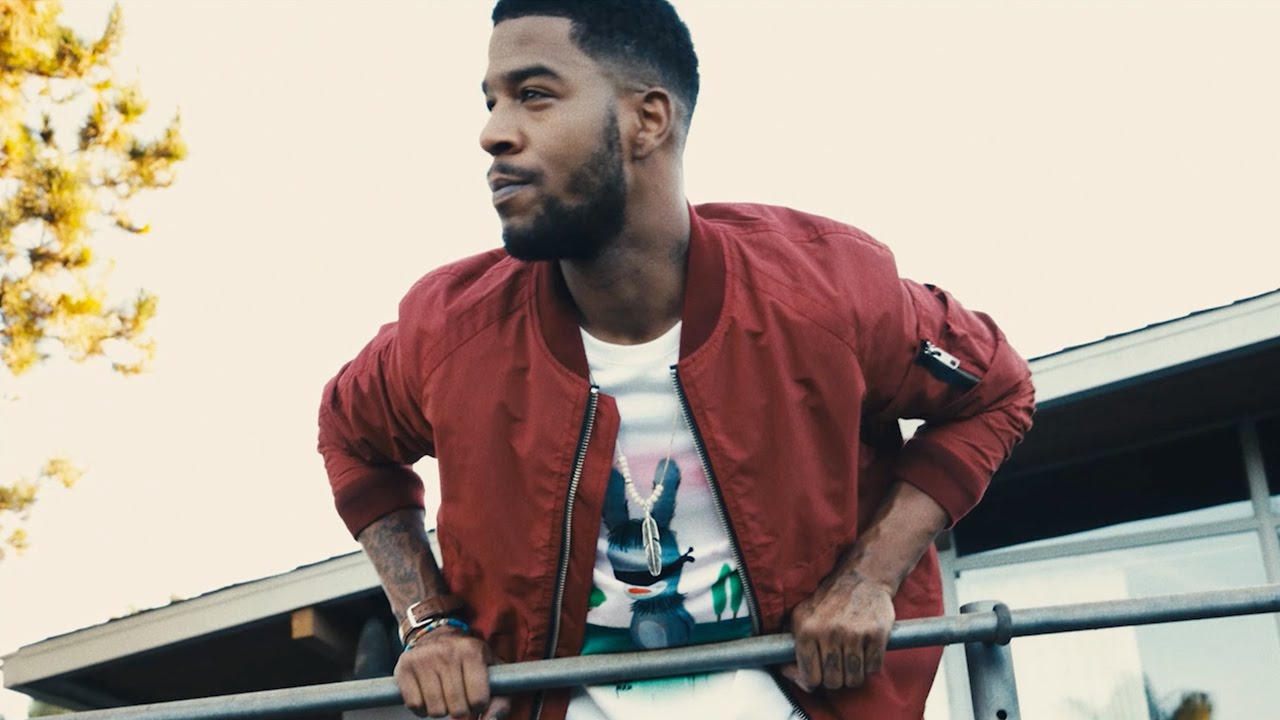
 Mental health in Hip-Hop
Mental health in Hip-Hop
RnB/Hip Hop | Thursday 27th October 2016 | Harry
Hip hop is perhaps the most competitive genre in the world. Since the dawn of rap, boasting, competition and flaunting has been a prevalent theme across the genre. In fact, the competition between artists has mostly improved the genre, by providing the necessary inspiration for artists to improve, and to prove their worth in a world full of rappers. It is integral to rap, and is in fact the reason why millions worldwide love hip hop. However, throughout the history of rap, there has been times where this competition has gone beyond a smart or witty lyric, and has simply gone too far. Drake’s recent swipe at Kid Cudi’s ongoing mental health issues may be one of those times.
Kid Cudi has recently described via social media an ongoing battle to maintain his mental health, and in particular the depression and suicidal urges he has been suffering from since the beginning of his career. This gained widespread media attention, with many praising Cudi for coming forward and being so open to describing his problems, particularly within a genre known for shaming any sign of weakness. However, it is clear Drake did not see this admission in a similar light. Kid Cudi and Drake have not previously seen eye to eye, with Cudi previously taking a jibe at Drake’s well known use of ghost writers when writing his lyrics. However, with this diss in Drake’s new track ‘Two Birds, One Stone’, it appears he has taken this beef to another level. Drake also takes a shot at Pusha T in this same track, however, the following lines regarding Kid Cudi definitely come off as the most brutal:
“You were the man on the moon, now you go through your phases, Life of the angry and famous, …, Still never been on hiatus, You stay xann’d and perked up so when reality set in you don’t gotta face it.”
Within this, Drake is referring to Cudi’s debut album Man on the Moon, before perhaps going a step too far referring to Cudi’s hiatus from music, as he enters rehab. Ironically, Drake has a reputation as one of, if not, the most sensitive mainstream rapper ever. Building his fame by discussing topics of love, relationships and emotions, it certainly seems like that Drake would be the last person to send such a vindictive jibe at such a sensitive time. Does this insult coming from arguably the most popular rapper in the world right now, provide evidence of a stigma against mental illness in hip hop?
At first sight, perhaps. It is hard to argue against the fact that the majority of lyrical content in the modern scene leaves little room for public admissions of weakness in the mainstream.
Artists like Future and Wiz Khalifa, two of the biggest artists in the scene, certainly provide evidence for this statement mainly discussing their ever growing wealth and status as superstars. However, upon deeper exploration, it is apparent that topics of mental health have been prevalent in hip hop music since the 90s.
Arguably the greatest of all time, Biggie composed a particularly disturbing yet transfixing song vividly describing his temptations of suicide, ‘Suicidal Thoughts’, discussing issues of morality and mental illness.
The examples continue, including DMX discussing his struggle with bipolar disorder on ‘Fuckin’ Wit’ D’, Kanye West discussing his mental pain after the passing of his mother, and even Lil’ Wayne discussing how drugs are necessary from him experiencing mental pain in ‘I Feel Like Dying’.
" Listed as a manic depressive with extreme paranoia/And dog, I got something for ya/Hear my name, feel my pain . . ." DMX
"I am a prisoner, locked up behind Xanax bars... I feel like buying/And if my dealer don’t have no more, then I feel like dying" Lil’ Wayne
Perhaps then, it is not just hip hop itself that contains a stigma of mental difficulties displaying a sign of weakness, but maybe society itself. Drake’s ill-thought actions may actually in the end have a positive impact, by highlighting how as society we need to battle the stigma against mental health, one of the most common diseases worldwide, to ensure people suffering from this disease have the strength to go and get the help they need and deserve. Artists across all genres need to continue bringing attention to the issue, so people everywhere can see that even their musical heroes have some flaws, so it is okay if they do too: after all, we are all human.
